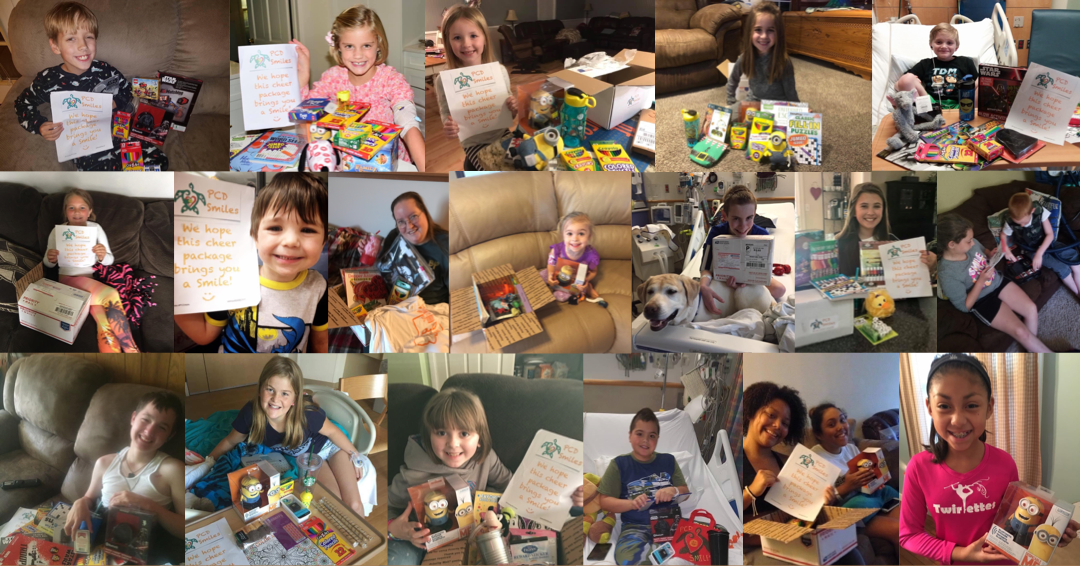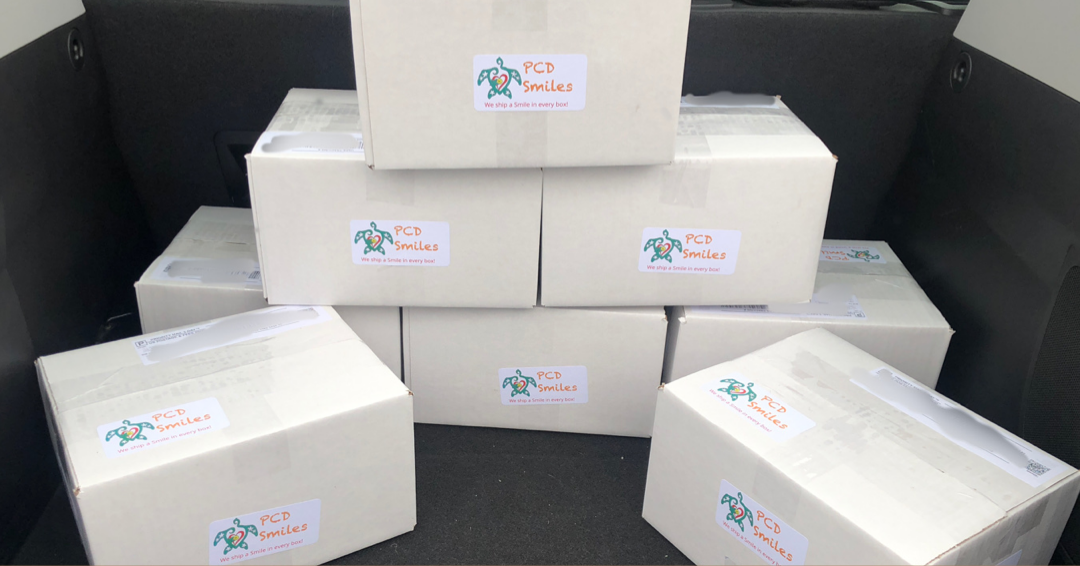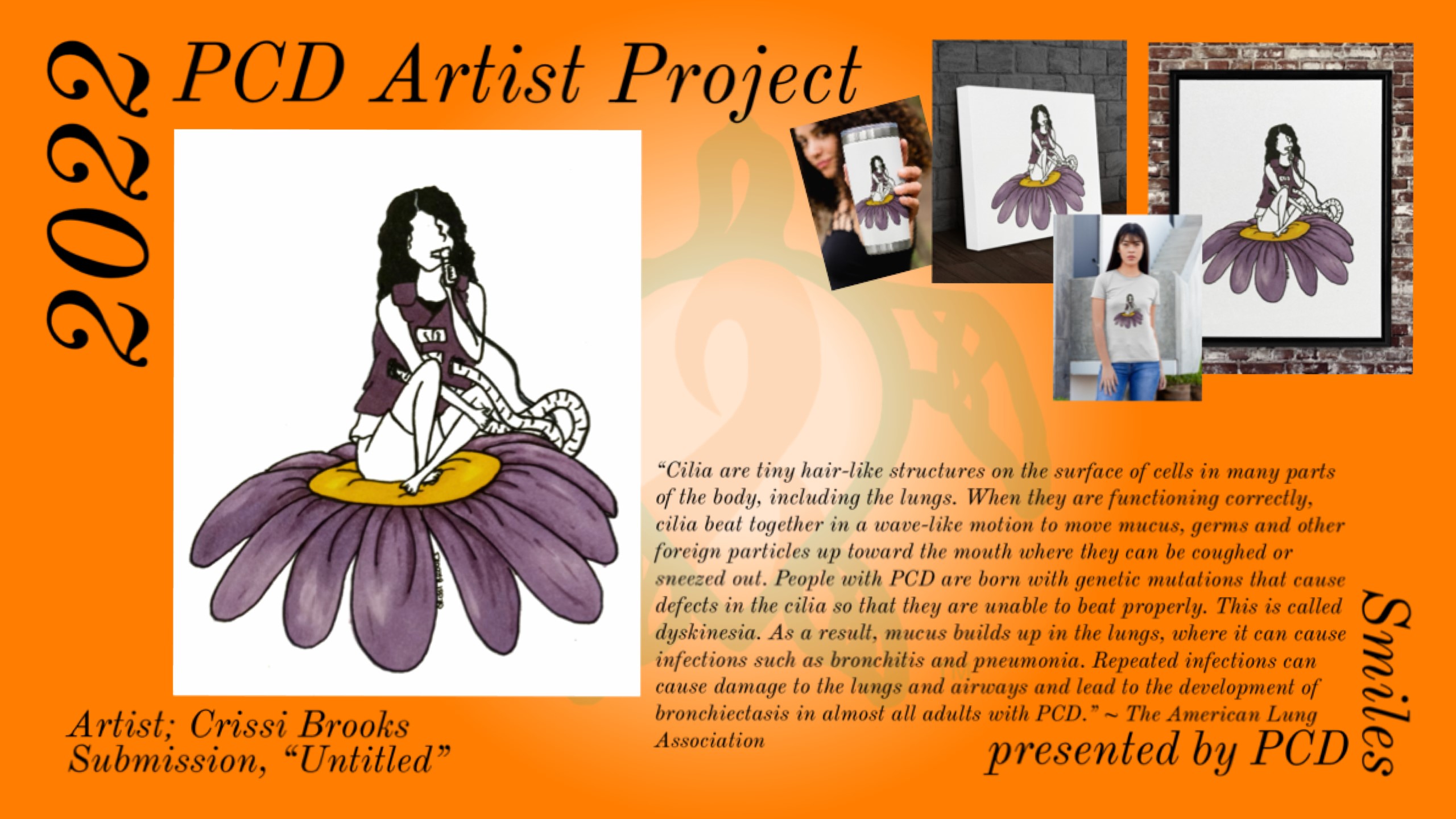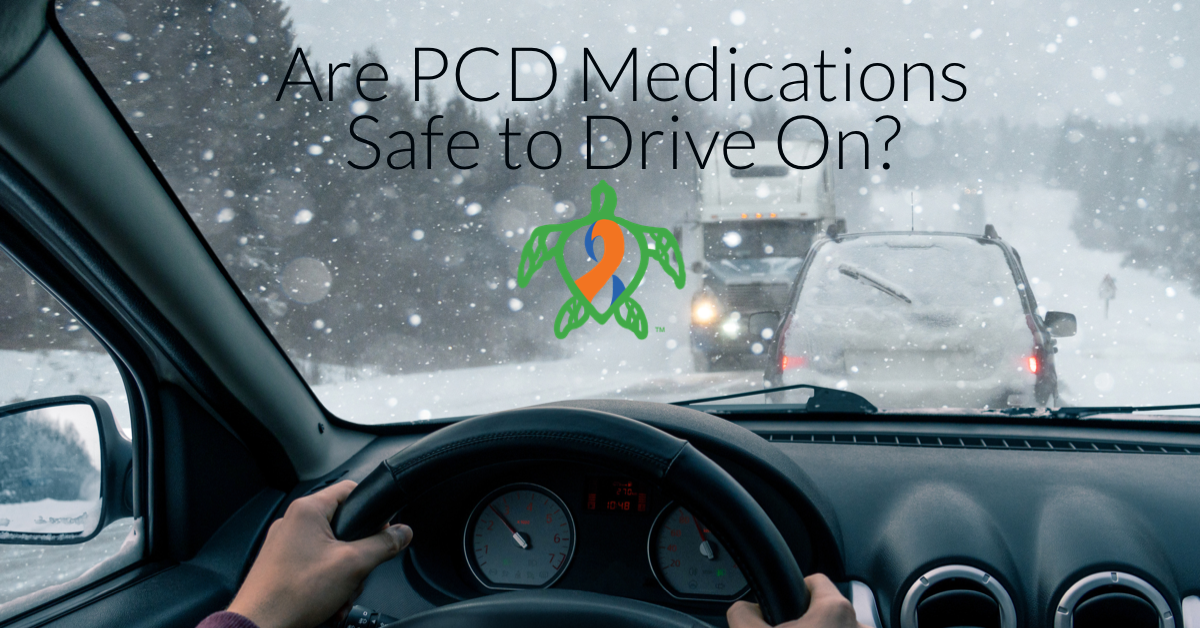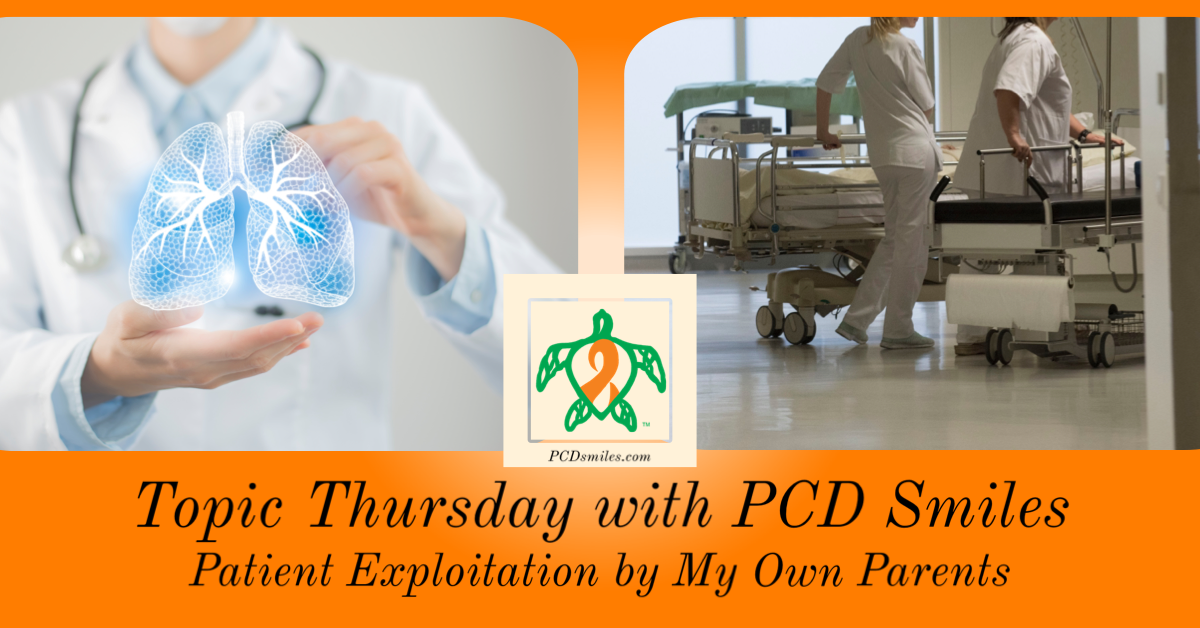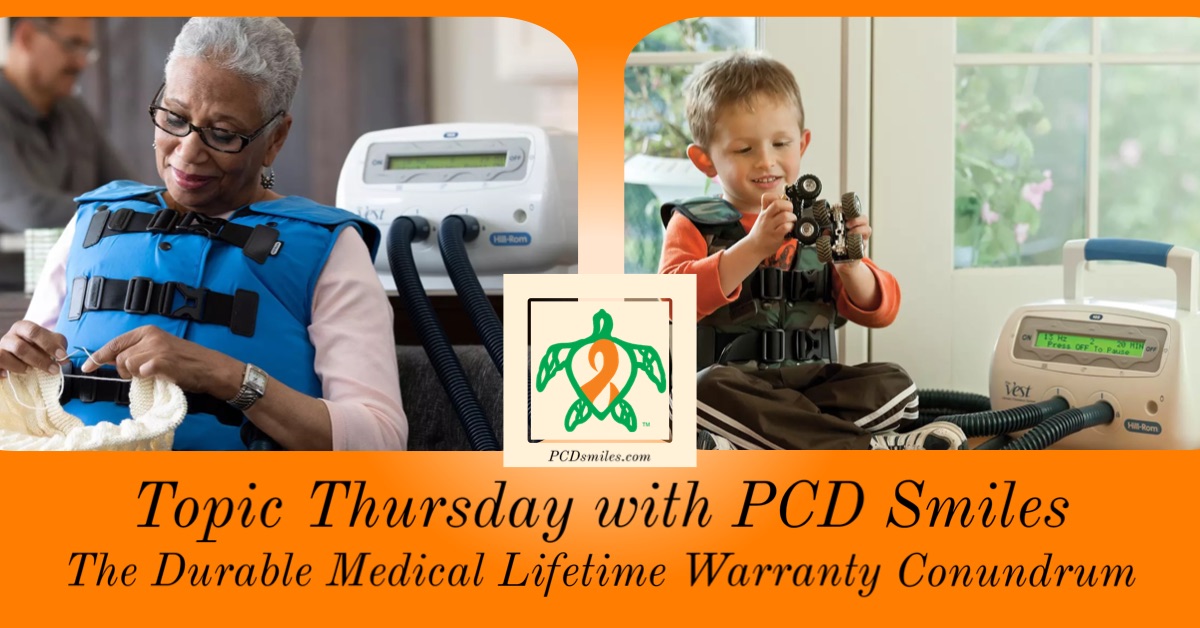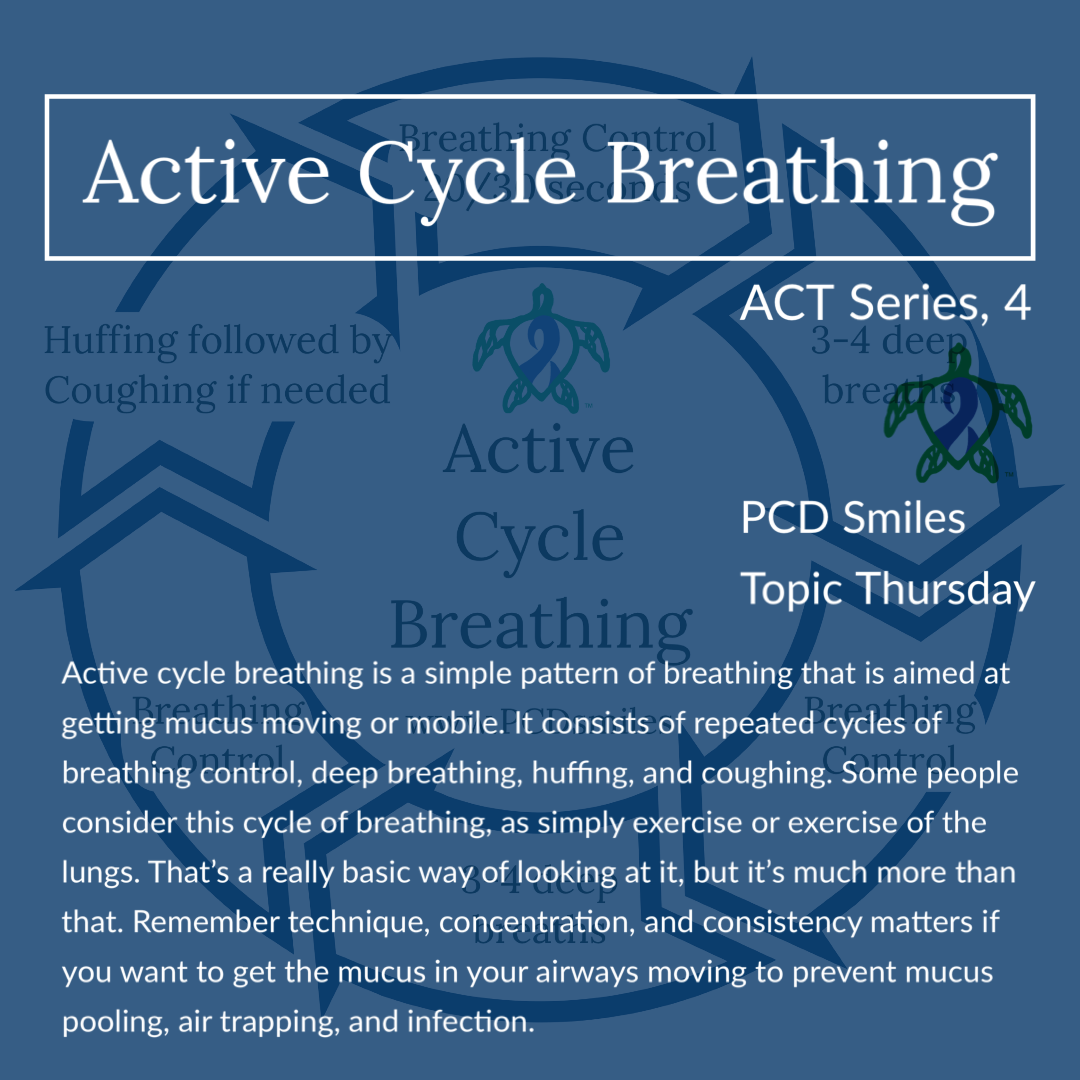As with any medication caution should be taken until you know how that medication will affect you. Most times we can rely on our pharmacist to alert us to safety issue of certain medications and their risks to affecting us to the point that operation of machinery including vehicles is unsafe for us. However, this may not be possible if your pharmacist does not know every single medication and or supplement that you are taking. Certain medication interactions can have adverse effects that will make driving or operating a vehicle or other machinery dangerous to us and others. Herbal and vitamin supplements can interfere with each other and or interfere with medications and make us unsafe to drive as well. Be sure that your pharmacist are kept up to date of all your medications and supplements so that they can hopefully help prevent adverse reactions to the things that they know that you are on. Also certain medications like clarithromycin and linezolid can increase intoxication levels of an individual who consumes alcohol while on these medications. Please note that these are not the only medications that interact poorly with alcohol, they are just common medications used in the treatment of primary ciliary dyskinesia. Certain foods can produce adverse reactions to certain medications and there by renders the patient incapable of safely operating a motor vehicle. PCD patients are certainly capable of driving and operating equipment. Though as with any chronic illness group the PCD patient will need to remain self aware of their capabilities, and when in doubt abstain from driving.
Be sure to join us next week for another Topic Thursday.
Join our Facebook group Turtle Talk Café today, click here.
We have several ways that you can donate to PCD Smiles;
- Visit Smile E. Turtle's Amazon Wishlist
- For more information on how you can donate, please visit our "Donation" page to check out our "Do & Don't policies.
- Or sponsor a PCD Smiles cheer package today!
- To shop for your “Official” turtle care ribbon gear today, visit PCD Style or Smile E. Cove
Thank you for your consideration!
